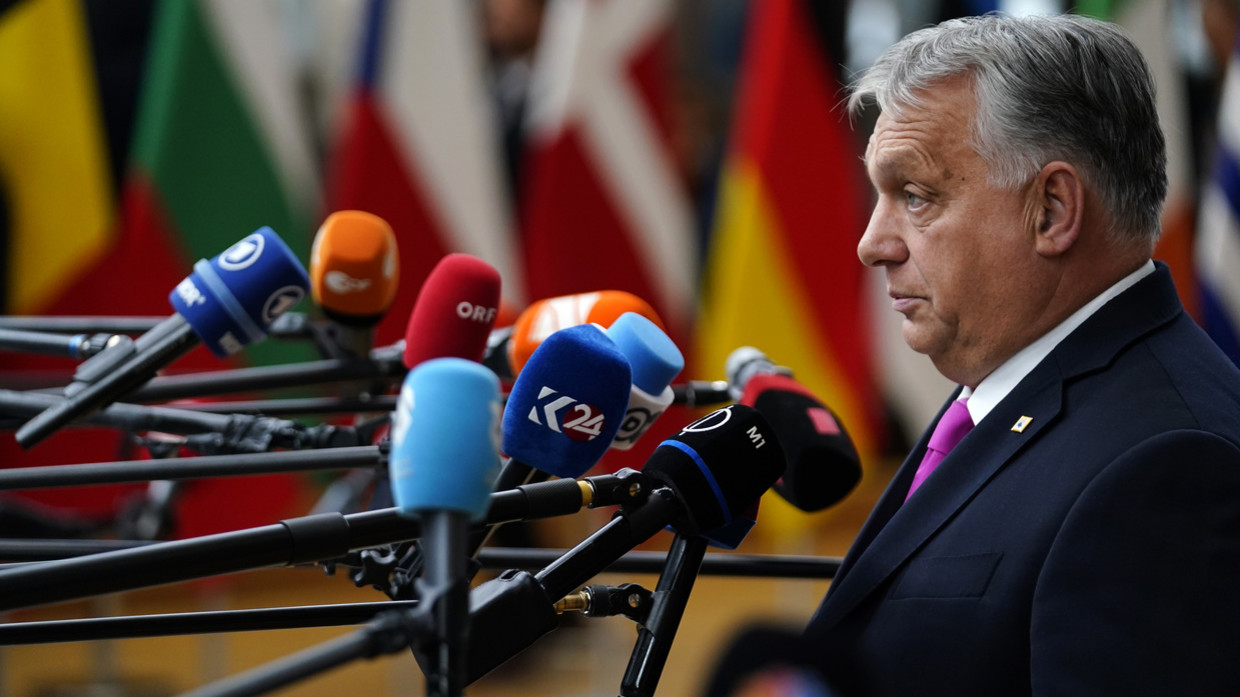The US and the EU have provided over $300 billion in financial aid and military assistance to Kiev since the escalation of the Ukraine conflict in 2022, Hungarian Prime Minister Viktor Orban has said.
Such a huge amount of money “could have done wonders” had it been spent to improve the lives of people within the EU, he said in an interview with Kossuth radio on Friday.
Orban highlighted the evolving military situation, noting that “the balance of power on the frontlines is shifting day by day” in Russia’s favor. He also pointed to the political changes expected in the US when Donald Trump returns to the White House next month.
The developments call for leaders in EU capitals to embrace a more pragmatic approach to ensuring stability and economic resilience within the bloc, Orban believes. However, the prime minister argued that Brussels remains out of touch with global realities, pointing to a recent European Parliament decision to continue sending substantial funds to Kiev – a move he described as a clear example of misplaced priorities.
“During the negotiation with the Americans, I received the figure that Europe and America together have spent €310 billion so far. Those are huge numbers!” the Hungarian prime minister stressed.
He argued that the hundreds of billions of euros already spent to fund the conflict could have been used to bolster European infrastructure, to develop countries in the Western Balkans to the level of the EU, or beef up military capabilities. This “enormous” amount of money could have been given to Europeans to make people’s lives much better, the Hungarian leader concluded.
Russia has repeatedly warned that no amount of Western aid will stop its troops from achieving the goals of the military operation or change the ultimate outcome of the conflict. By backing Kiev, they only prolong the conflict, Moscow has argued.
Earlier this month, Orban proposed a Christmas ceasefire between Ukraine and Russia, describing it as a last-ditch attempt to mediate a diplomatic resolution of the conflict. He floated the idea to Kiev and Moscow, as well as to Trump, who he personally met at his residence in Florida.
The Kremlin spokesperson, Dmitry Peskov said that Moscow “fully supports Orban’s efforts aimed at finding a peaceful settlement and resolving humanitarian issues related to the exchange of prisoners.”
However, Ukrainian leader Vladimir Zelensky rejected Budapest’s offer.


